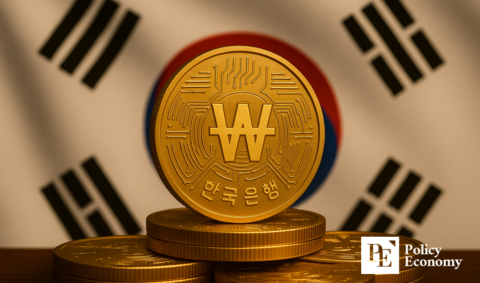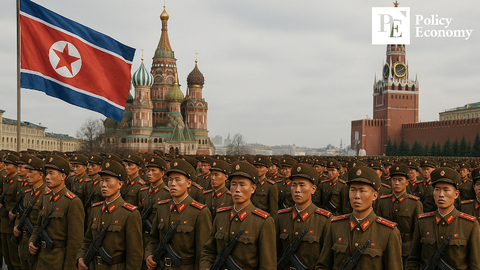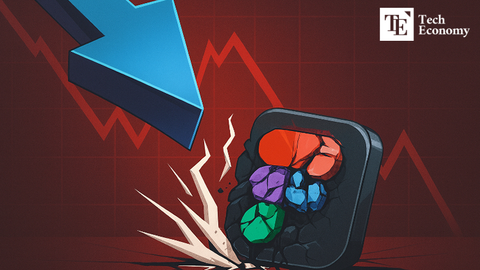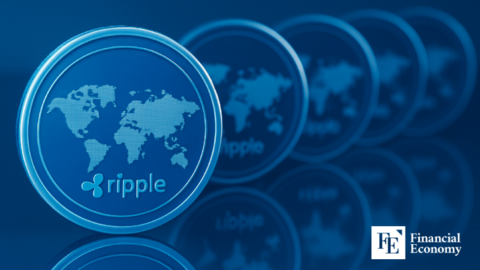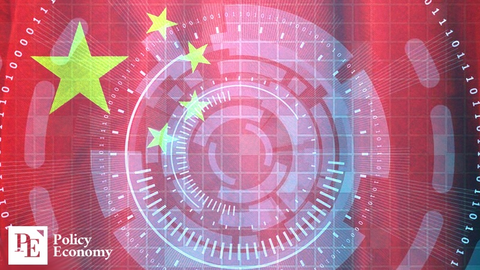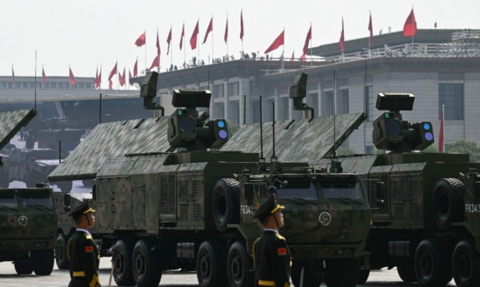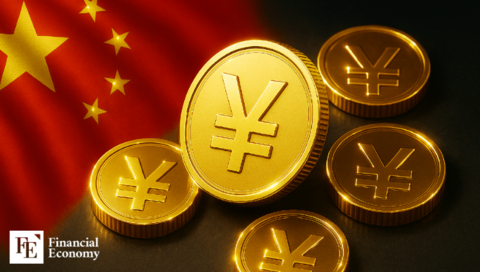"No Need for U.S. Capital" – China's CATL Soars 16% on First Day of Hong Kong Listing
Input
Changed
China's CATL Successfully Debuts on Hong Kong Stock Exchange Boldly Excludes U.S. Capital in IPO Process Will This Signal a Revival for Hong Kong's Sluggish Capital Market?
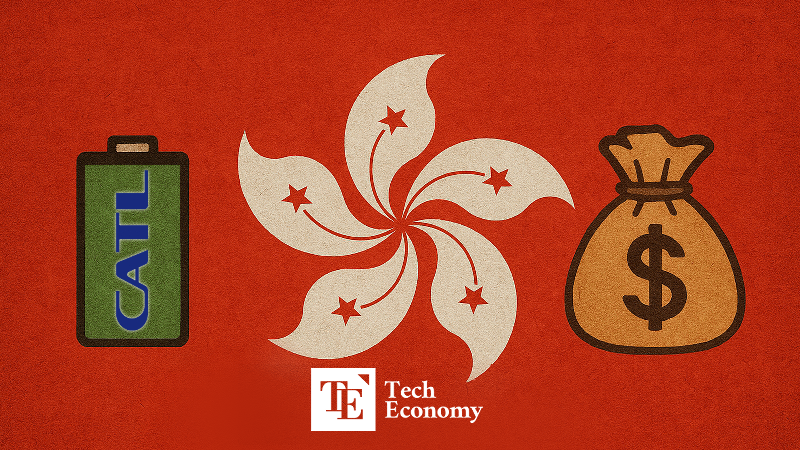
The world’s largest battery maker, China’s CATL (Contemporary Amperex Technology Co. Limited), which was seen as the biggest IPO of the year globally, has successfully made its debut on the Hong Kong Stock Exchange. Despite choosing the Regulation S route, which prohibits U.S. capital from participating, CATL saw a strong surge in its stock price on the first day of trading, marking a successful public offering. Market analysts view CATL’s IPO as a potential bellwether for other Chinese companies planning to list in Hong Kong.
CATL's IPO a Big Hit in Hong Kong
According to Bloomberg and other foreign media outlets on May 20 (local time), CATL’s stock opened at USD 37.89, up 12.5% from its IPO price, and closed at USD 39.20, a 16.4% gain. This performance notably exceeded the stock price recorded on the Shenzhen Stock Exchange the same day, USD 36.95. Typically, Chinese companies with dual listings in the mainland and Hong Kong tend to have lower prices in the Hong Kong market, making CATL’s strong showing an unusual case.
Previously, CATL successfully raised USD 4.57 billion by selling 136 million shares at the top of its price range, USD 33.66. Initially targeting around USD 3.97 billion, the company expanded the offering due to overwhelming demand. Major investors included Sinopec, the Kuwait Investment Authority, the Qatar Investment Authority, Hillhouse Investment, and Oaktree Capital. CATL plans to invest around 90% of the funds raised into its battery plant, which is currently under construction in Hungary.
Analysts remain bullish on CATL’s stock. Johnson Wan, Head of China Industrial Research at Jefferies Hong Kong, stated, “Given CATL’s price-to-earnings ratio (PER) of 17, the stock still has room to rise by 50%. It’s an obvious buy.”
Regulation S Strategy to Bypass U.S. Involvement
Market watchers are focusing on CATL’s bold strategy to exclude U.S. capital while still pulling off a highly successful IPO, signaling the potential of the Hong Kong market. In January, the U.S. Department of Defense added CATL to a list of Chinese companies allegedly aiding the modernization of the Chinese military. In April, U.S. lawmakers publicly called on American banks like JPMorgan and Bank of America to withdraw from the CATL IPO.
In response, CATL opted for a Regulation S offering. Regulation S is a provision under U.S. securities law that allows companies to issue securities outside the United States and exempts them from SEC regulation, provided that U.S. investors are excluded. This contrasts with the concept of ADRs (American Depositary Receipts), which are subject to U.S. regulation. Terence Chong, director of the Global Finance Institute at the Chinese University of Hong Kong, noted, “Since there was ample demand for CATL’s shares, the exclusion of U.S. investors did not significantly affect the success of the IPO.”
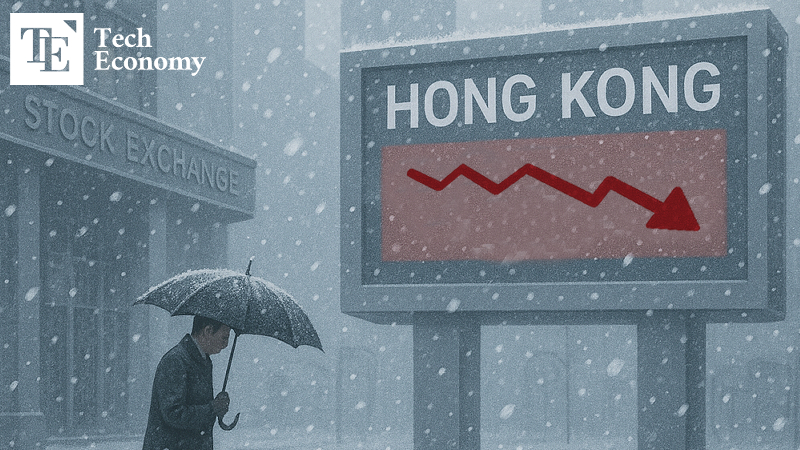
Hope for a Revitalized Hong Kong Capital Market
CATL’s successful debut could act as a positive catalyst for other Chinese firms considering listings in Hong Kong. Companies reportedly preparing for IPOs include major memory chipmaker CXMT, pharma company Jiangsu Hengrui Medicine, food producer Foshan Haitian Flavoring & Food, EV maker Seres Group, beverage company Eastroc Beverage, and autonomous logistics firm Westwell.
The listing wave could breathe new life into Hong Kong’s long-stagnant financial market. The Hang Seng Index has declined for four consecutive years from 2020 to 2023, with a 14% drop in 2023 alone. In contrast, other major indices such as the Nasdaq and S&P 500 rose between 20% and 40% over the same period. Asian markets like Japan’s Nikkei 225 (28%), Taiwan’s TAIEX (27%), Korea’s KOSPI (18%), and India’s Sensex (18%) also saw solid gains.
The IPO market in Hong Kong had nearly frozen. In 2023, IPOs raised just USD 5.89 billion , down 56% year-over-year and the lowest level since the dot-com bust in 2001. Only 67 companies went public (an 80% decrease), and just 13 companies raised over USD 128 million. Alternative investments, such as private equity and venture capital, also shrank sharply. According to financial data firm Preqin, alternative investment funding in Hong Kong fell 81% from 2021 levels and 66% from 2022.
As market activity dwindled, many local brokerages in Hong Kong were forced to close. Bloomberg reported that 49 securities firms shut down in 2022, and around 30 more followed in 2023. Staff cuts at global investment banks like JPMorgan and UBS disproportionately affected their Hong Kong operations. Once considered one of the world’s top three financial hubs alongside New York and London, Hong Kong's status has plummeted.

